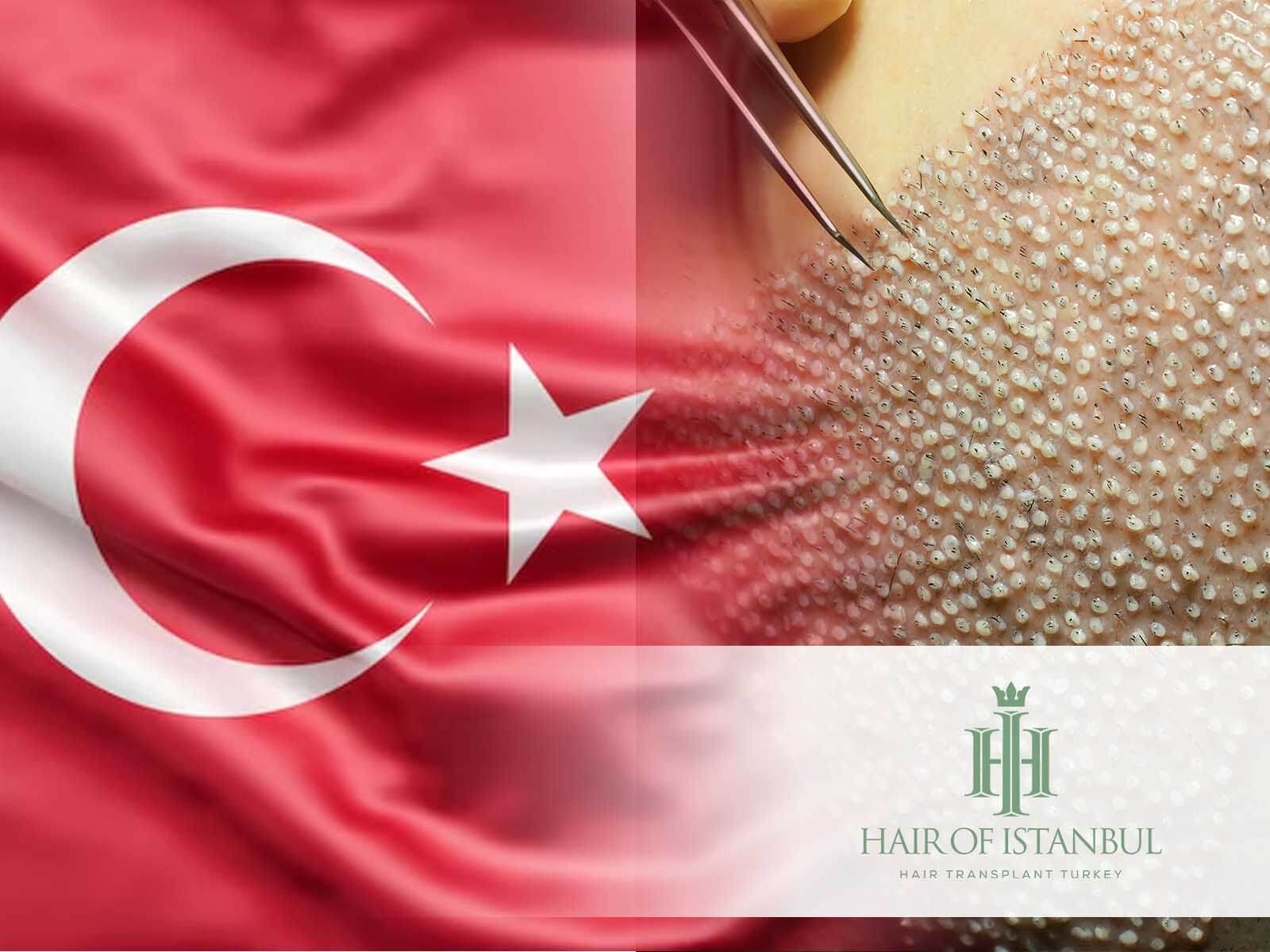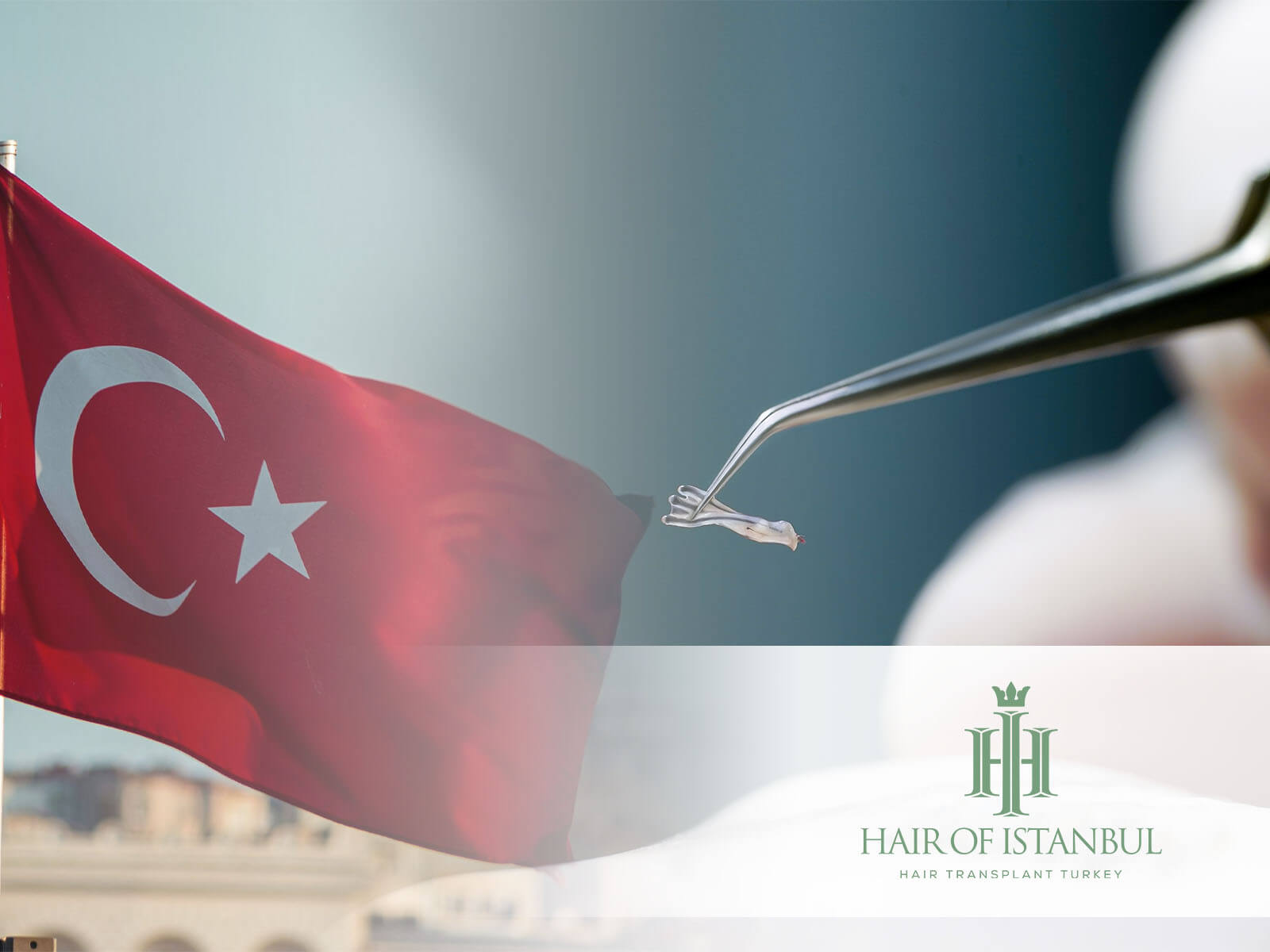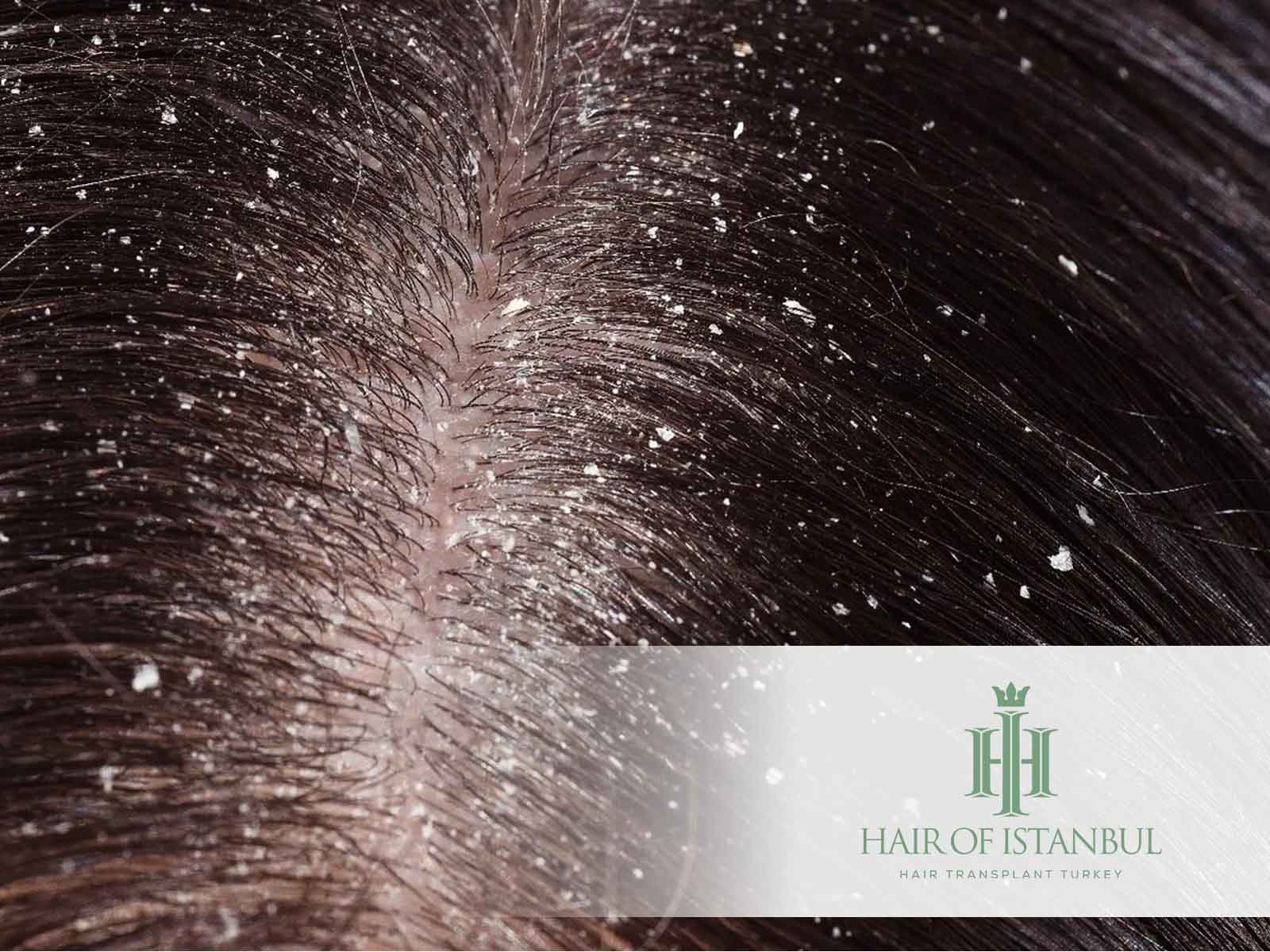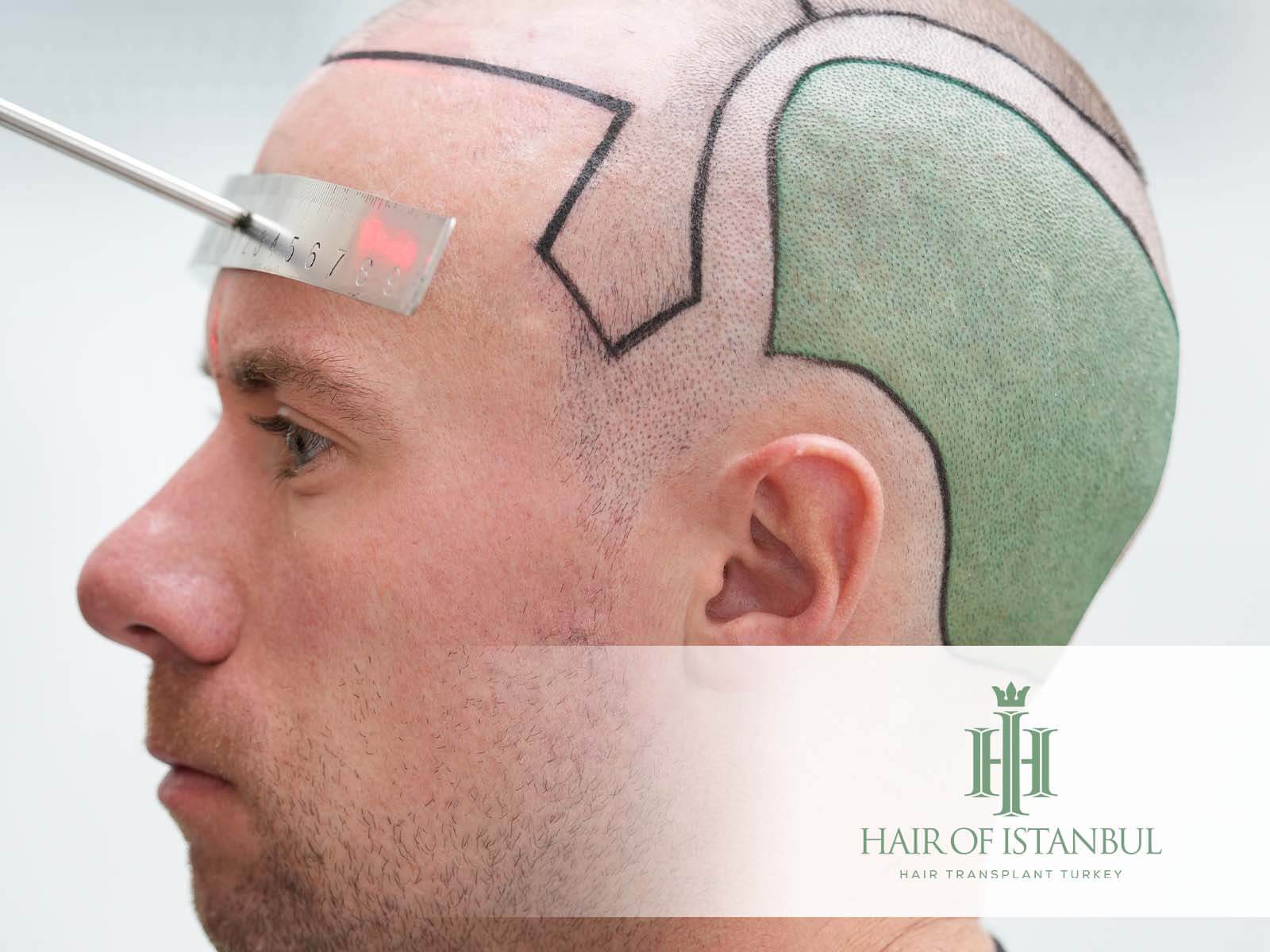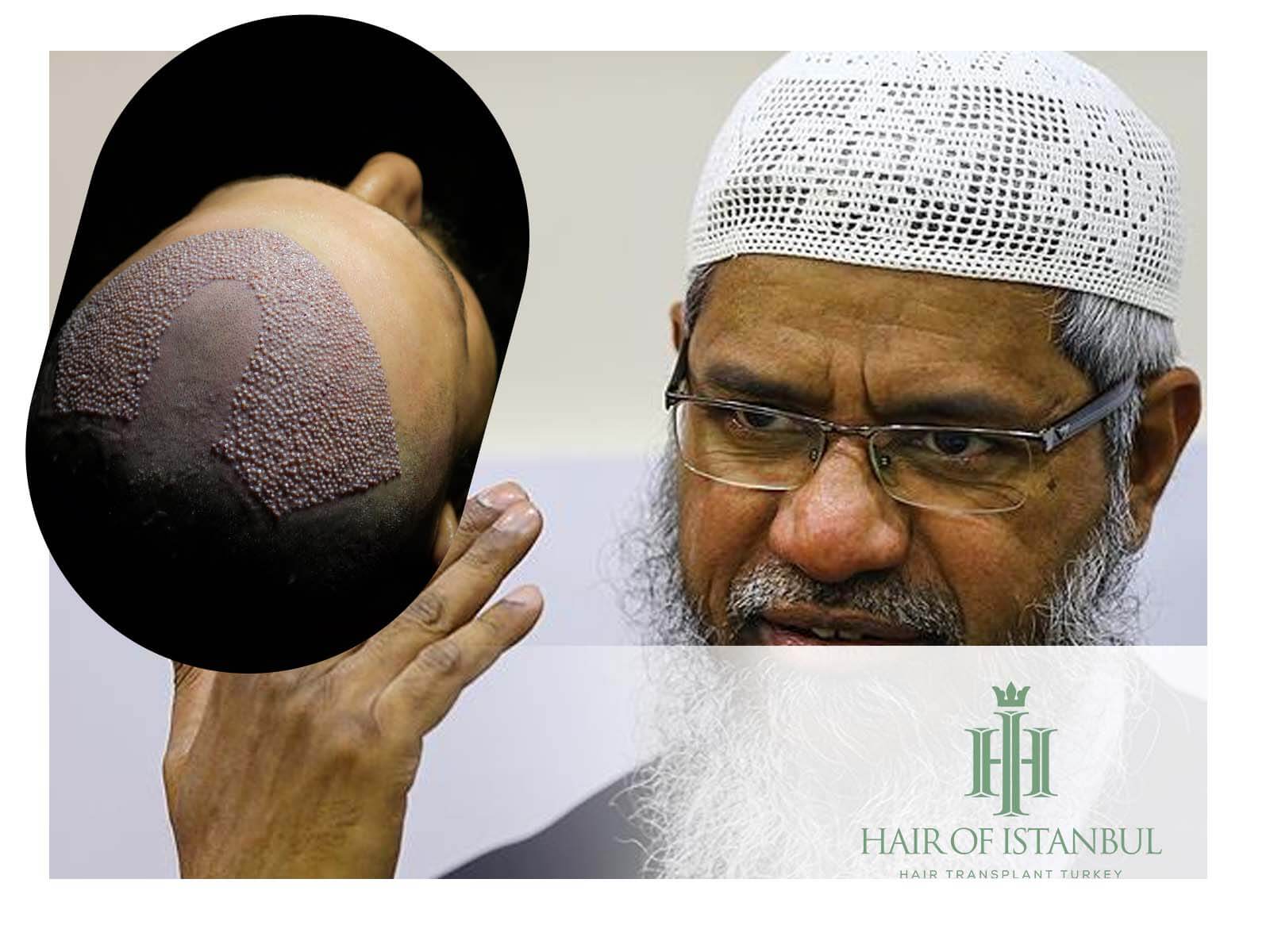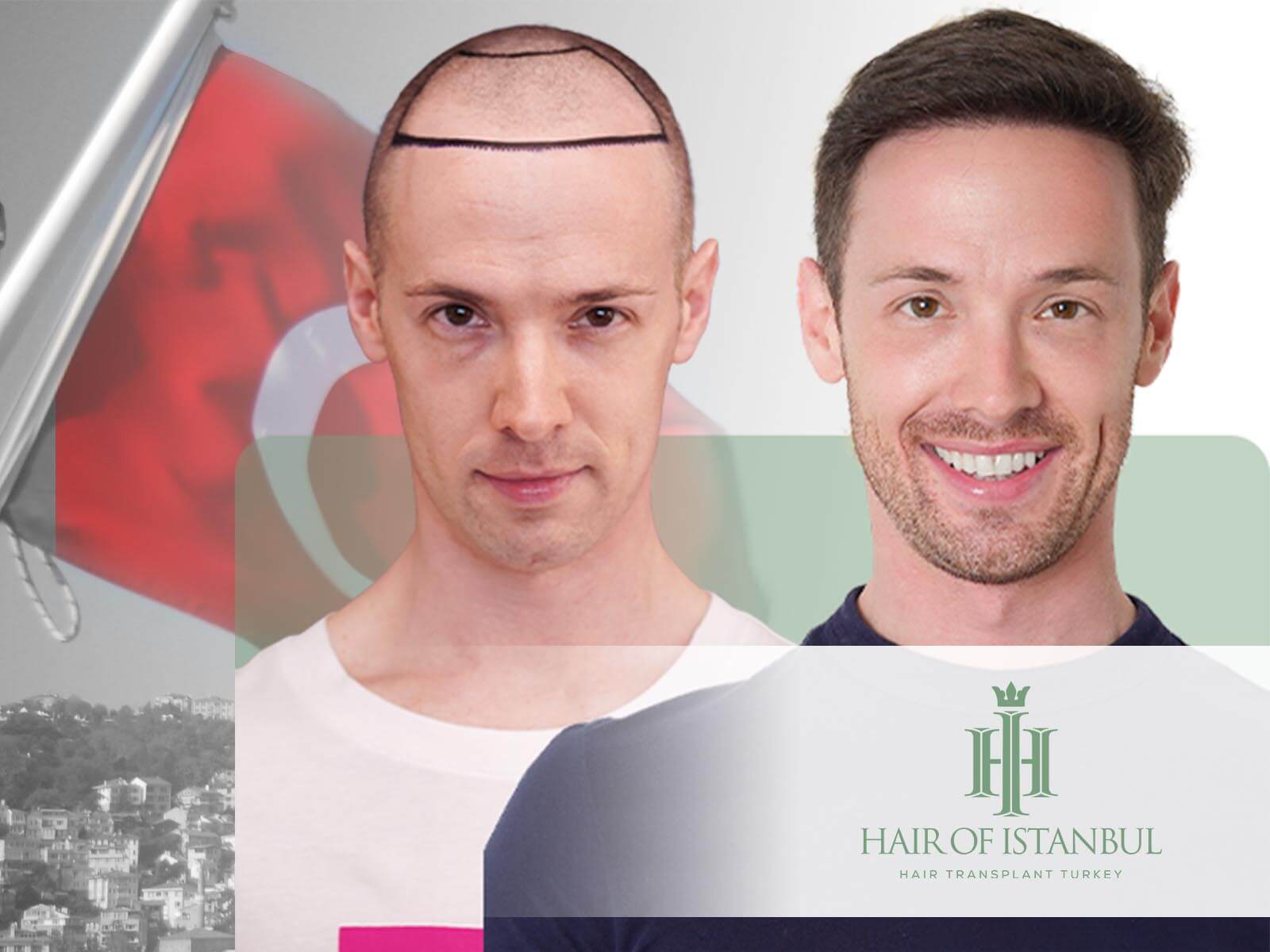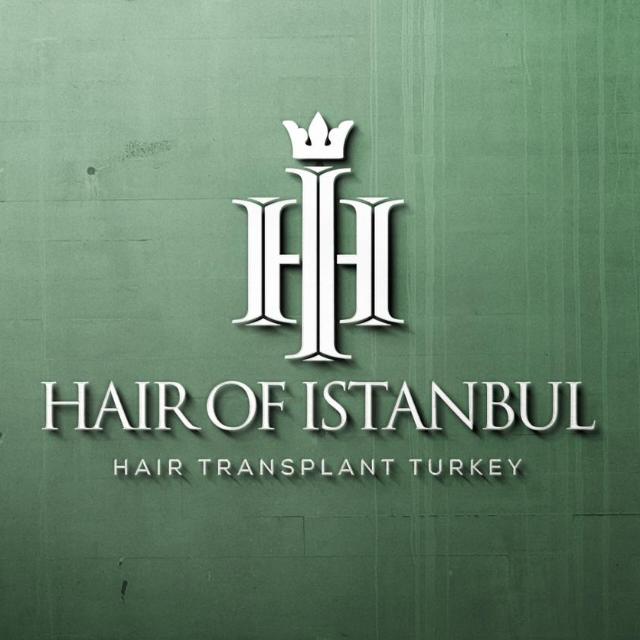Caffeine After Hair Transplant: How Soon Is It Safe to Drink?
Wondering about your favorite morning beverage after a hair transplant? It’s a common question for many patients. Given how integral coffee and other caffeinated drinks are to daily routines, this concern is understandable. While your new hair is settling in, it’s crucial to consider how your diet might affect the healing process.
Caffeine, found in various popular drinks, could have surprising impacts on your recovery. Let’s explore why moderation is key and what guidelines you should follow during this crucial period. Keep reading to discover more about how your caffeine habits might need to change post-surgery.
Can You Have Caffeine After A Hair Transplant?
After a hair transplant, many patients wonder if they can consume caffeine. Considering caffeine is a significant part of our daily lives and found in numerous beverages, it’s a common concern. However, it is essential to note that caffeine consumption should be avoided after a hair transplant. To understand why caffeine should not be consumed, please refer to the next section below.
Why Should Caffeine Not Be Consumed After Hair Transplant?
Following a hair transplant, caffeine should be avoided for at least a certain period. This measure helps minimize potential complications such as increased blood pressure and delayed healing. A detailed table explaining the reasons for avoiding caffeine post-surgery is provided below, with additional information to ensure a comprehensive understanding.
| Increased Blood Pressure: | Caffeine can elevate blood pressure, affecting the healing process. |
| Delayed Healing: | Consuming caffeine may slow down recovery by impacting circulation. |
| Dehydration: | Caffeine acts as a diuretic, potentially leading to dehydration. |
| Interference with Medication: | It can interact with post-surgery medications, reducing their efficacy. |
| Stress on the Heart: | Elevated heart rate caused by caffeine can strain the cardiovascular system. |
Also Read: Hair Transplant For Widow’s Peak: How to Reverse Hair Loss?
Do You Have a Caffeine Addiction? How to Understand?
In modern times, caffeine has become indispensable for many people, especially those with demanding jobs. While frequent consumption is common, there is a difference between regular use and addiction. Caffeine addiction is characterized by the body’s dependence on caffeinated drinks.
Research indicates that regular caffeine consumption for seven days can lead to cravings. If you drink more than four cups of coffee or seven cups of tea daily, you might be addicted. Symptoms like headaches or fatigue when you skip your usual intake are telltale signs.
Frequent caffeine use can lead to withdrawal symptoms, often viewed as psychological dependence. Missing your morning coffee can make you feel tired and unmotivated. Overconsumption can have adverse effects on health, so it’s wise to moderate your intake. [1]
How Long Should You Avoid Caffeine After A Hair Transplant?
It is recommended to avoid caffeine for a certain period following a hair transplant. This does not mean living without caffeine forever. After the procedure, it is crucial to refrain from caffeine consumption for at least the first few days. Typically, avoiding caffeine for about three days post-surgery is advisable to ensure optimal healing.
Also Read: Hair Transplant After 3 Months: Photos Show Real Results
What Caffeinated Beverages Should Not Be Drunk After Hair Transplantation?
When thinking about caffeine, coffee is the first thing that comes to mind, but it’s not the only source. Many other beverages and even some foods contain caffeine. Here are tables showing the caffeine content in various drinks and foods: [2]
| Beverages & Foods | Caffeine Content |
| Coffee (150 ml) | 60 mg |
| Tea (150 ml) | 16 mg |
| Energy Drink (250 ml) | 78 mg |
| Cola (330 ml) | 27 mg |
| Mate Tea (150 ml) | 55 mg |
| Green Tea (150 ml) | 25 mg |
| Chocolate (100 gr) | 43 mg |
| Kola Nuts (100 gr) | 4 mg |
Can You Use Caffeine Shampoo After A Hair Transplant?
Caffeine shampoo should not be used for at least the first two weeks following a hair transplant. This systemic stimulant effect might negatively impact the outcome of the transplant.
The potential for graft rejection due to the stimulant effect of caffeine is one reason for this caution. Hence, avoiding caffeine-based shampoos post-transplant is advisable to ensure the best results.
Also Read: Alcohol After Hair Transplant: Understanding the Impacts!
CONCLUSION
As a medical professional at Hair of Istanbul, I would like to emphasize the importance of monitoring your caffeine intake following a hair transplant procedure. The effects of caffeine on your body can influence the recovery process, and being aware of this can significantly enhance the outcome of your transplant.
At Hair of Istanbul, we are not just committed to performing the procedure; we are dedicated to your overall health and successful recovery. Our clinic boasts a wealth of experience and expertise in the field of hair transplantation, and we understand that the journey doesn’t end when the surgery does. We provide extensive aftercare support to ensure that each step of your recovery is managed with the utmost care. Our tailored aftercare program is designed to support your new hair growth and promote overall well-being.
We encourage anyone considering a hair transplant to consult with us. Our team at Hair of Istanbul is equipped with the latest technology and follows the most advanced techniques to ensure the best results. If you have any concerns or need additional information, our team is readily available to assist you. We invite you to visit our clinic in Turkey to experience first-hand the expert care and personalized treatment that make us a leader in hair restoration.
References:
- [1] S A Amer, Apr 27, 2023 – Caffeine addiction and determinants of caffeine consumption among health care providers: a descriptive national study – https://pubmed.ncbi.nlm.nih.gov/37140274/
- [2] NYT Blog, Dec 6, 2018 – Kafein Nedir? Faydaları ve Zararları, Nelerde Var? Ne İşe Yarar? – https://www.nefisyemektarifleri.com/blog/kafein-nedir-faydalari-ve-zararlari-nelerde-var-ne-ise-yarar/

